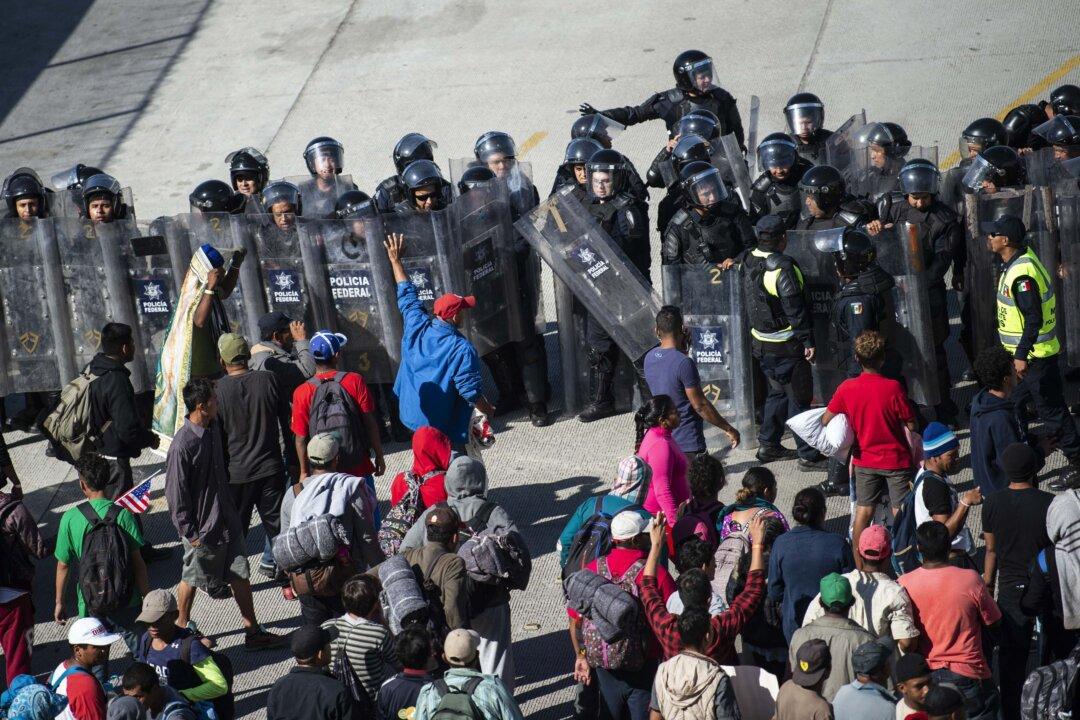A federal judge blocked the Trump administration’s rule that requires asylum seekers to first seek protection in countries they had passed through on their way to the U.S.-Mexico border.
The rule, known as the “third-country asylum rule,” aims to reduce the number of meritless asylum claims that placed an overwhelming strain on the U.S. immigration system. It operates under the premise that the asylum seekers who are fleeing their countries of origin because of fear persecution or torture on the basis of race, religion, nationality, membership in a particular social group, or political opinion should first seek protection in the first safe country they reach.




